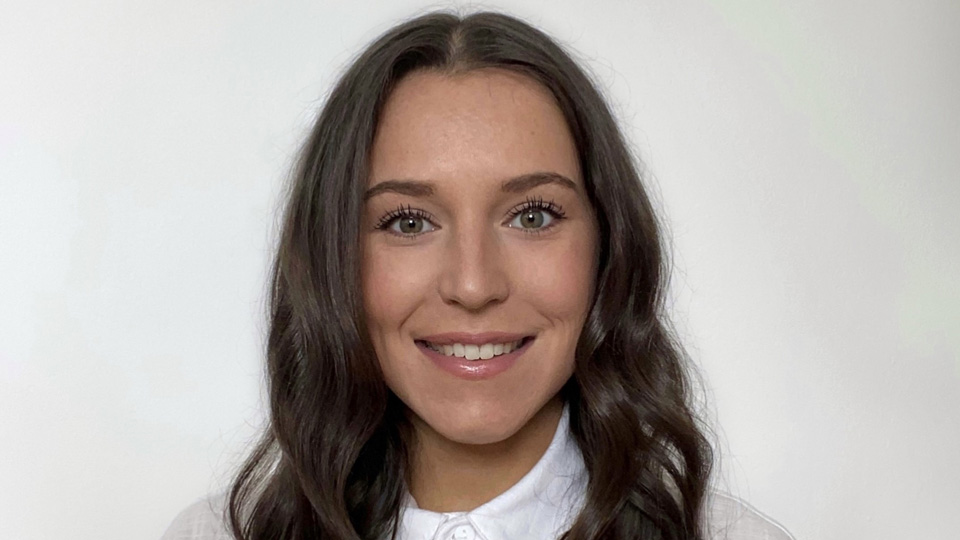- OT
- Life in practice
- Career development
- Encountering unusual pathology as a Moorfields pre-reg
Pre-reg focus
Encountering unusual pathology as a Moorfields pre-reg
Lizzie Shaw explains how her workload is ramping up four months into her pre-registration placement

I’ve been at Moorfields for four months now, so I am much more settled in the routine. There is a weekly timetable where we rotate core clinics: refraction, contact lenses, dispensing, paediatrics, and visual display unit exams for staff members.
The support within the hospital is fantastic. Every single member of the department, from pre-regs to seniors, both seeks guidance and provides advice. This has been invaluable to me so far; it is so encouraging to know someone is always willing to go over something with me.
As well as this, the learning opportunities are never-ending. If there is a slow day in clinic, we are encouraged to observe other parts of the hospital. This access to the first-hand knowledge of secondary care clinicians has not only been very helpful when preparing for visits, but when testing the patients receiving that care. It is good to know exactly what has been done and why, as this influences the way I test. All this is to say – I am so glad I made the decision to do my pre-reg in a hospital, and I am so grateful Moorfields selected me. I can’t imagine going through this anywhere else.
I am so glad I made the decision to do my pre-reg in a hospital, and I am so grateful Moorfields selected me. I can’t imagine going through this anywhere else
Gaining momentum
The most important thing I have learnt so far is to keep pushing through those more difficult weeks, where it feels like you’ll never know enough or feel confident enough to qualify. Learning is a slow process sometimes, especially when there is so much to take in. Focus on the little victories, like remembering to check something before your supervisor tells you to, and soon those little habits will add up to make one good sight test.
It has been challenging for me to get ready for my visits, as I’ve always been a last-minute studier. The content is all suddenly relevant to my day-to-day life, which has raised the stakes for more effective revision. Having the competencies in my head as I work has helped – you never know which patients will walk in. Even if you have already seen a patient with systemic disease, for example, keep the competency in mind when seeing the next patient with systemic disease to consolidate the knowledge. We are tested on them for a reason, and keeping that in mind has been very important for me when revising.
Starting full-time work has been challenging for me, and I find that by the time I get home, revision is the last thing I want to do. If I have extra energy one day, it helps to keep the momentum going from work. If I know I have a topic I want to cover, I won’t change into comfy clothes or start relaxing until I’ve done it.
I also find it helpful to dedicate one day of the weekend to being at home and getting things done, and having the other day to explore or see friends. This lets me fully enjoy my free time without guilt because I know I’m not avoiding the trickier stuff.
The best part of the hospital is that I have seen a lot of interesting patients and pathologies. Lots of conditions I thought I might only ever encounter in textbooks, such as thyroid eye disease, retinitis pigmentosa, and Terrien’s marginal degeneration, are now just another day at the office. It has really boosted my confidence in my refractions to know that I can handle the more unusual cases that may present themselves.
Hayley says...

My biggest learning so far is… realising how quickly time goes. I realised this before my first visit, which at first seemed so far away – then before I knew it, it was around the corner. It made me appreciate how important it is to stay on top of my logbook and keep a note of potential cases to use for competencies as I go.
Before I started my pre-reg I wish I’d known… not to put so much pressure on myself. I went in thinking I was expected to know everything from the start, but quickly realised pre-reg is about building upon the foundations learnt at university. Pre-reg is definitely a learning curve, and confidence is built over time.
Hayley Smith is a pre-reg optometrist at Peter Ivins Eyecare, Bearsden



Comments (0)
You must be logged in to join the discussion. Log in